Today LEV Foundation board member Janet Levinger testified in support of HB 2731 – including preschool for at-risk 3- and 4-year olds in basic education. I have pasted it below. Janet was joined by 20 parents, providers, sheriffs (yes, there were two!) and child advocates who also testified in support of including preschool in basic education. At least 15 people also signed in to support 2731 without testifying.
Thank you Janet for standing up for Washington’s youngest learners.
Good afternoon. For the record, my name is Janet Levinger. I am here today as a community volunteer and child advocate. I currently serve on the boards of United Way of King County, Social Venture Partners, the League of Education Voters, Child Care Resources, and the Bellevue Schools Foundation. I am also on the advancement and communications committees of Thrive by Five Washington.
I am here today to speak in support of HB 2731 and applaud your vision to include PreK in basic education. I also like the mention of infant toddler programs in HB 2867.
Ever since I joined to Child Care Resources board – 13 years ago this month – my husband and I have focused our philanthropy and volunteer time on improving outcomes for all children by ensuring they have a strong state in life. Here’s why:
Imagine yourself as a 5-year-old. It’s your first day at school. You have a new lunch box and a new backpack and you’re all excited. But when you get to school, you have a hard time. You have trouble sitting still to listen to a story. You fight with other kids over a toy. You get in trouble with the teacher because you can’t wait until the end of circle time to play with the blocks. Other kids laugh at you when you don’t know how to write your name and have trouble holding onto a pencil. By the end of the week, the teacher now that you are one of the kids who is not ready for school and she can guess that you are one of the kids who will not graduate from high school.
Imagine yourself as a 5-year old – and you are already projected to fail.
My husband and I invest in quality early education because is shows that it makes a huge difference for kids.
Kids in quality programs enter kindergarten with a solid foundation of social skills and learning skills. They are less likely to repeat a grade, to be placed in special education, to commit a crime, or to become pregnant as a teen.
My husband and I invest in quality early education because it is a good investment for our community.
Research from prominent economists has shows that for every dollar invested in high quality PreK saves taxpayers up to $7 later. Not only are there savings from remedial and juvenile justice programs, but over the long-term, these kids are more likely to graduate from high school, gain stable employment, and contribute positively to our community.
Protecting PreK under basic education would ensure that the program could not be cut and that all eligible children would be served.
I grew up in Iowa and when I was 10-years old, my family moved to a new house. We were one of the first in a new development. My mother planted all sorts of trees – but they were scrawny twigs when she put them in no bigger than I was. I asked her what she was doing and she told me she was planting trees so we would have shade from the sun, apples to pick in the summer, and privacy from our neighbors. I remember looking around from our prairie hilltop and noticing that we did not have any neighbors and I thought she was crazy. But of course she was right. Over time, the small plants she carefully watered and pruned sheltered us from the sun, gave us fruit, and offered us privacy from the neighbors who did move in.
I know it’s hard to think 5, 12, or 20 years ahead. But I hope you will be like my mother and have the foresight to know that caring for our children now will bring many benefits in the future. Imagine that 5-year old – we can offer her a hopeful future instead of failure.
Including a program of early learning in Basic Education will guarantee that our limited resources are focused where the can make the most difference in the life of every child, and to our community.
Thank you.
 That’s how Seattle parent Jessica Colinares describes her daughter’s experience in preschool. Eva’s success—thanks to her access to high-quality early learning—isn’t extraordinary; rather, it’s the norm.
That’s how Seattle parent Jessica Colinares describes her daughter’s experience in preschool. Eva’s success—thanks to her access to high-quality early learning—isn’t extraordinary; rather, it’s the norm.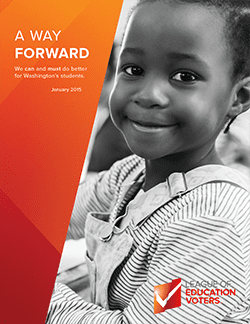
 Chris Korsmo, CEO of the League of Education Voters, submitted an op-ed to The Seattle Times‘ Education Lab yesterday. It was published in The Seattle Times print edition on June 20.
Chris Korsmo, CEO of the League of Education Voters, submitted an op-ed to The Seattle Times‘ Education Lab yesterday. It was published in The Seattle Times print edition on June 20.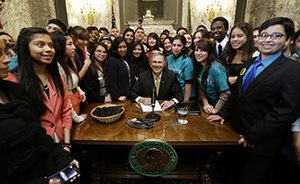



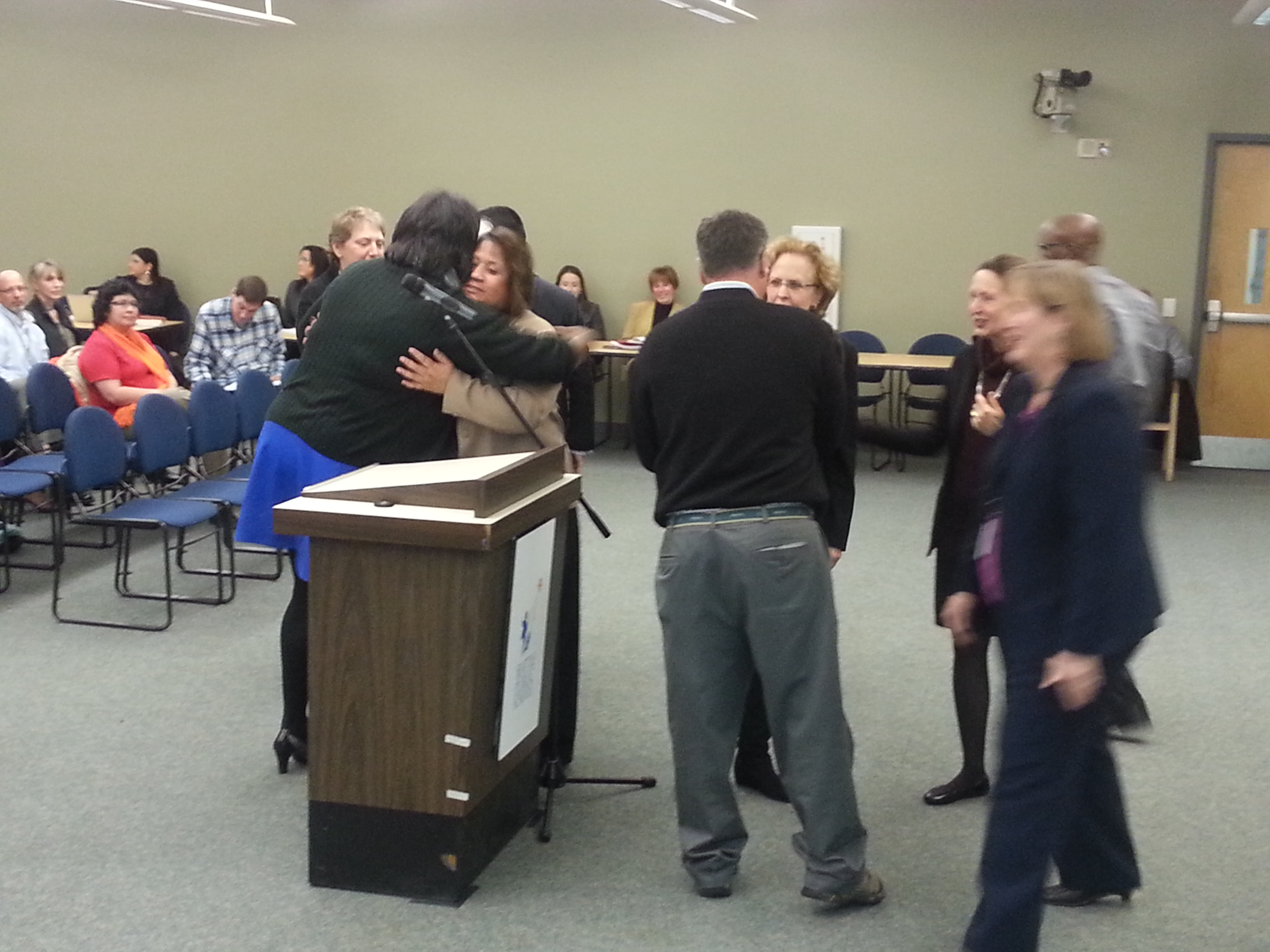
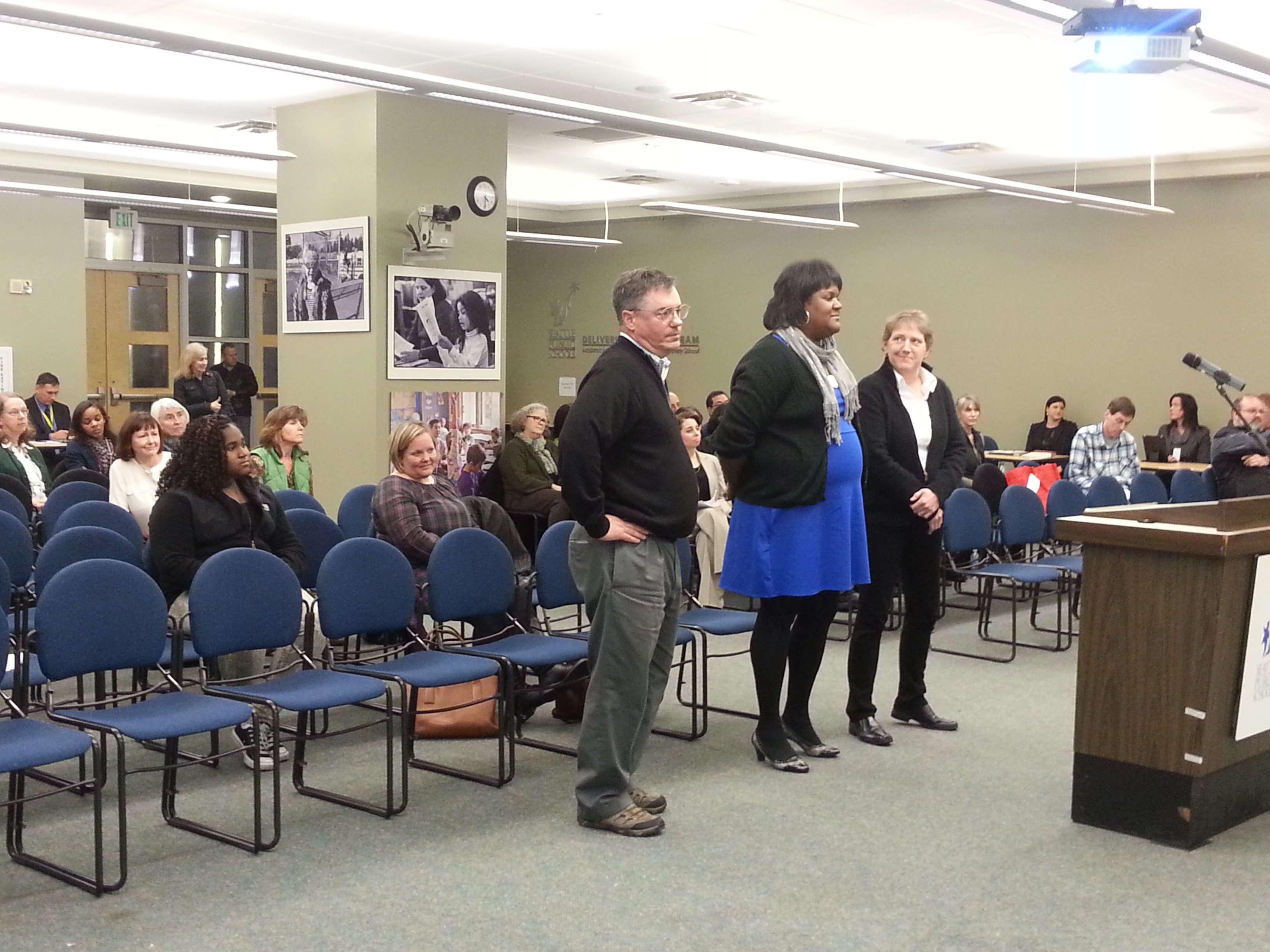
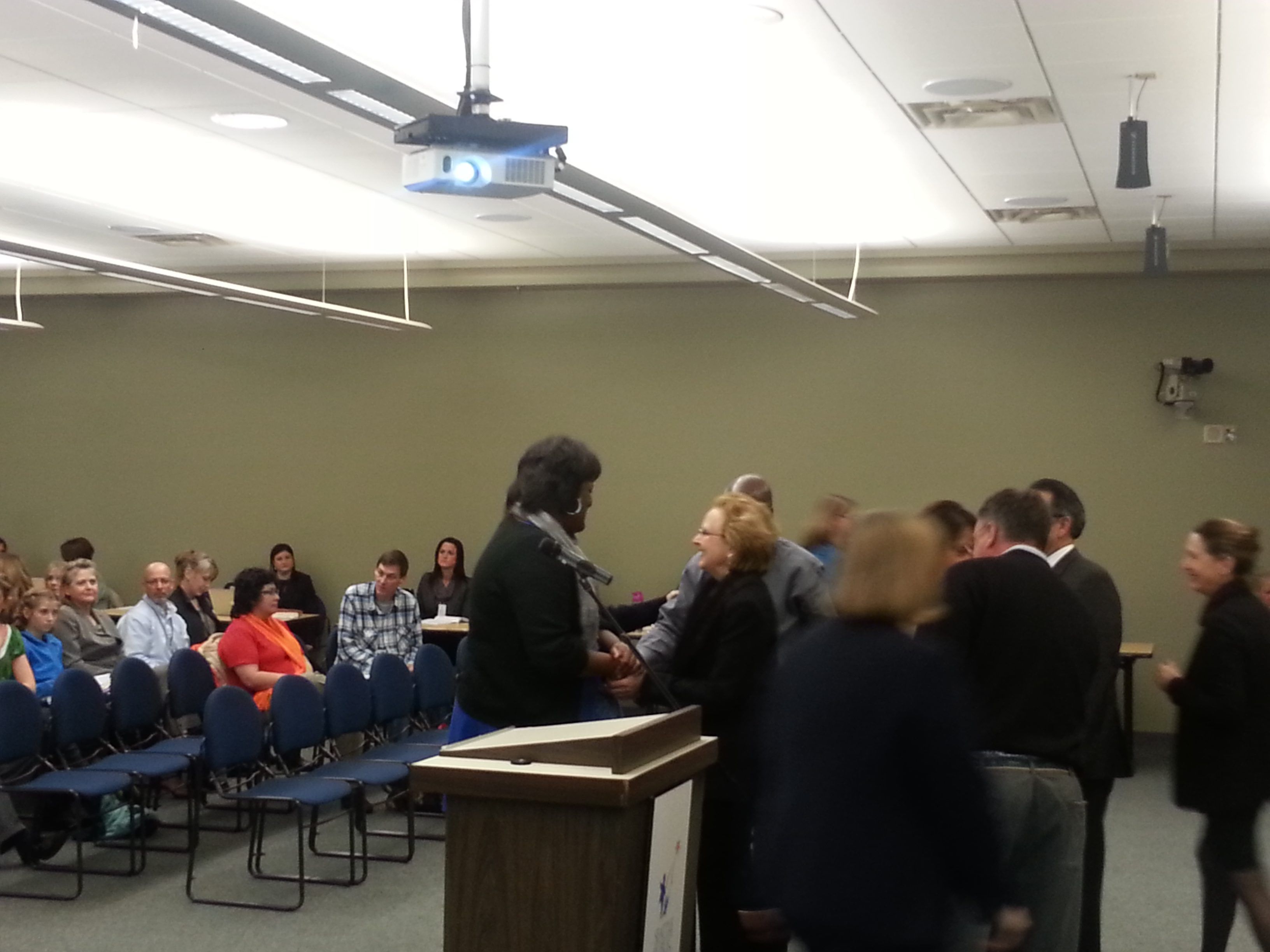

 Last week, LEV’s CEO Chris Korsmo gave a “TED Talk” at the
Last week, LEV’s CEO Chris Korsmo gave a “TED Talk” at the